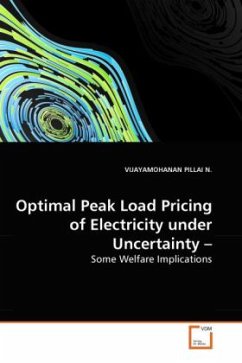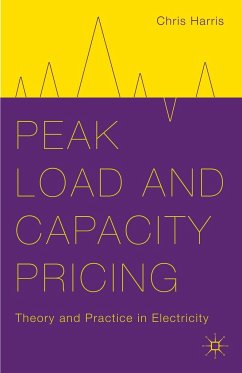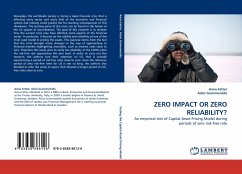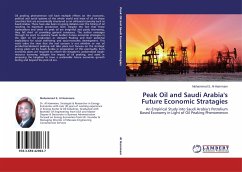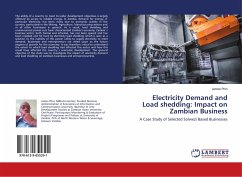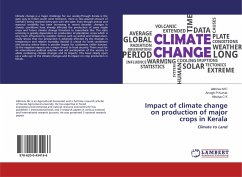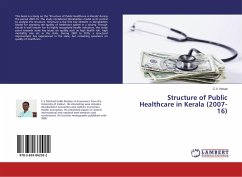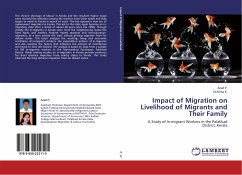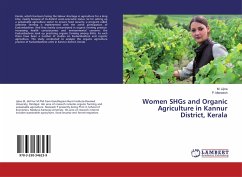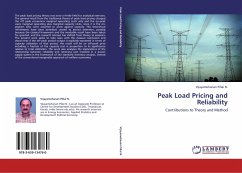
Peak Load Pricing and Reliability
Contributions to Theory and Method
Versandkostenfrei!
Versandfertig in 6-10 Tagen
45,99 €
inkl. MwSt.

PAYBACK Punkte
23 °P sammeln!
The peak load pricing theory was once a fertile field for analytical exercises. The general result from the traditional theory of peak load pricing charged the off peak consumers marginal operating costs only and the on-peak users marginal operating plus marginal capacity costs, since it is the on-peakers who were assumed to press against capacity. The theoretical refinements have since somehow ceased to attract attention, possibly because the classical framework and the inevitable result have been taken for granted, and the research interest has shifted from theory to empirics. The present wo...
The peak load pricing theory was once a fertile field for analytical exercises. The general result from the traditional theory of peak load pricing charged the off peak consumers marginal operating costs only and the on-peak users marginal operating plus marginal capacity costs, since it is the on-peakers who were assumed to press against capacity. The theoretical refinements have since somehow ceased to attract attention, possibly because the classical framework and the inevitable result have been taken for granted, and the research interest has shifted from theory to empirics. The present work seeks to take issue with the classical conclusion and shows that if the off-peak period output is explicitly expressed in terms of capacity utilization of that period, the result will be an off-peak price including a fraction of the capacity cost in proportion to its significance relative to total utilization. The work also analyzes the implications of the relationship between reliabilityand rationing cost involved in a power supply system in the framework of the standard inventory analysis, instead of the conventional marginalist approach of welfare economics.



